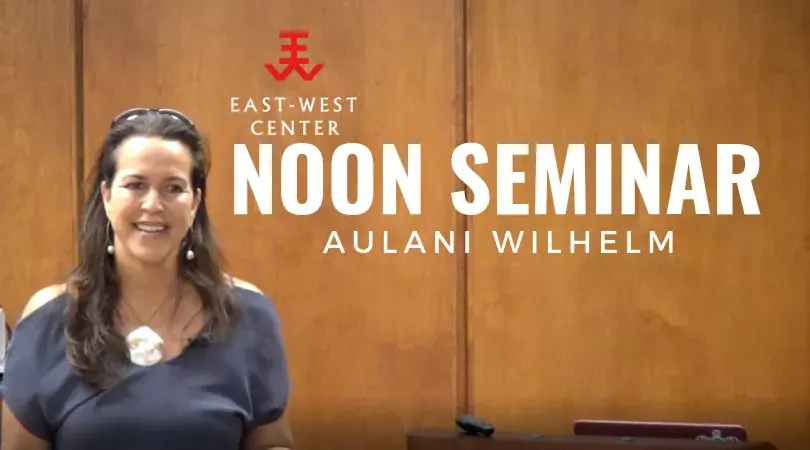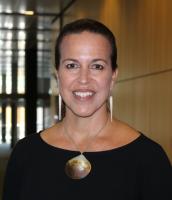Error message

It is hard to escape the reality that our climate is rapidly changing—in the natural world, and otherwise. Trends that used to be predictable are erratic. Temporary shifts, such as weather, that allowed us to adapt to momentary changes and return once again to equilibrium are no longer able to prepare us for the broader, more long-lasting changes to come. There have been many innovations in ocean conservation over the past several decades, but in a rapidly changing climate, these now-conventional methods and approaches will not be enough to keep up with the accelerated pace of change. This presentation will discuss four major program areas—place-based conservation, fisheries and aquaculture, ocean climate, and innovation—as part of Conservation International (CI)’s effort to connect local action with global impact for ocean conservation, with the Pacific Ocean as a significant focal area.
Video of Aulani Wilhelm's presentation on 02/28/19 at East-West Center:

It is hard to escape the reality that our climate is rapidly changing—in the natural world, and otherwise. Trends that used to be predictable are erratic. Temporary shifts, such as weather, that allowed us to adapt to momentary changes and return once again to equilibrium are no longer able to prepare us for the broader, more long-lasting changes to come. There have been many innovations in ocean conservation over the past several decades, but in a rapidly changing climate, these now-conventional methods and approaches will not be enough to keep up with the accelerated pace of change. This presentation will discuss four major program areas—place-based conservation, fisheries and aquaculture, ocean climate, and innovation—as part of Conservation International (CI)’s effort to connect local action with global impact for ocean conservation, with the Pacific Ocean as a significant focal area.
Video of Aulani Wilhelm's presentation on 02/28/19 at East-West Center:







